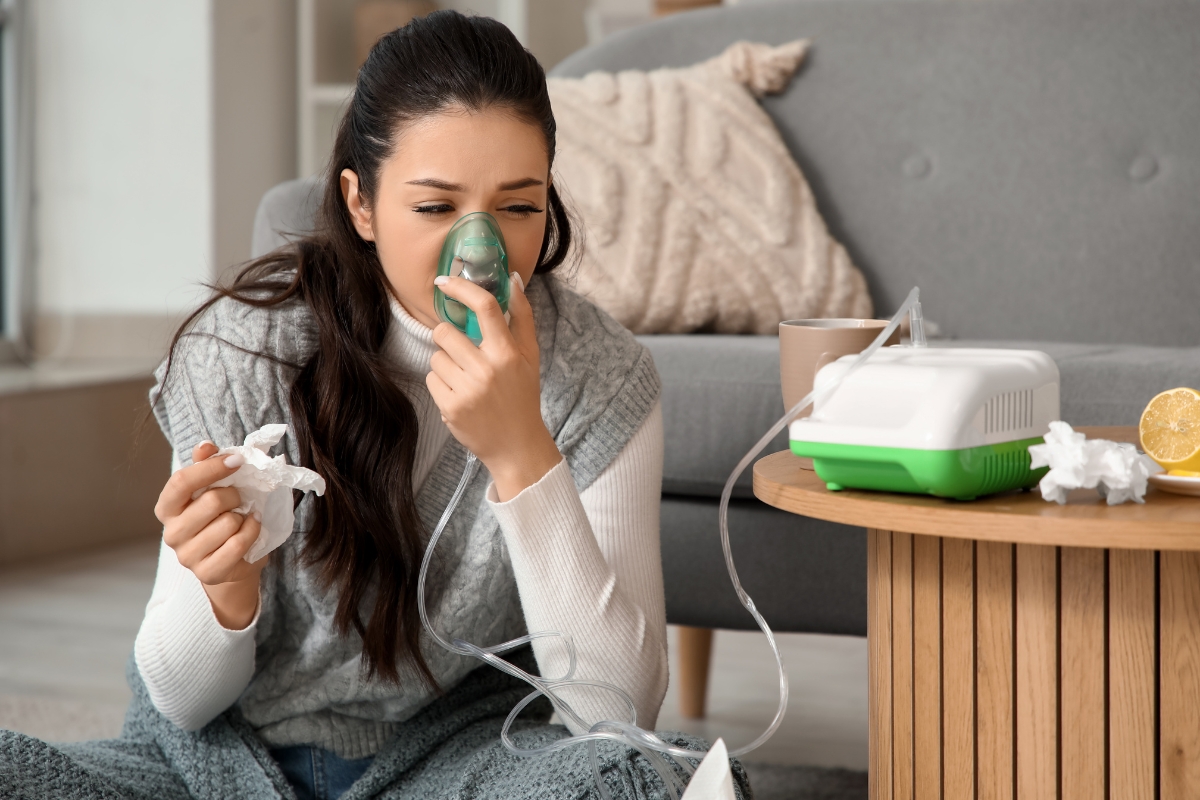What Causes Opioid Dependence?
According to the National Institute on Drug Abuse, New Jersey saw an overwhelming spike in opioid-related overdose deaths in 2016. As officials continue to battle New Jersey’s opioid crisis in 2018, it has become clear that understanding the causes of dependence on an individual level is key to understanding how to prevent this disease, as well as how and when to seek treatment for yourself or loved ones.
At Scotch Plains Medical Center, we provide a system of comprehensive treatment for individuals suffering from opioid dependence or addiction. By visiting our walk-in clinic in Westfield, New Jersey, patients can expect to be provided the treatment and referrals they need, while receiving empathy and support throughout the process.
Continue reading to better understand the causes of opioid dependence.
What are opioids?
Opioids are a type of medication used to alleviate pain. They are often prescribed to those who have suffered injuries or are currently suffering from ailments or chronic pain. They can even slow a person’s breathing or heartrate to reduce coughing and even anxiety. Some common examples of opioids include Oxycontin, Vicodin, and Morphine.
What makes opioids so addictive?
Overuse or misuse of these powerful prescriptions often cause patients to become dependent on their effects. Opioids have a calming, pleasure inducing effect on the brain. After prolonged use, a person’s body becomes accustomed and desensitized to the effects of the drug, meaning that the person requires more and more of the drug to relieve their pain. Increasing a person’s use of opiates, however, is incredibly dangerous as it raises: a) their level of dependence on the drug as well as b) the severity of their withdrawal symptoms once they ultimately choose to stop taking the drug. Withdrawal symptoms are a large part of what makes opioids so addictive. Patients who cease taking opioids may experience nausea and vomiting, diarrhea, chills and shaking, trouble sleeping, fatigue, depression, and pain.
The intense discomfort brought on by these symptoms make quitting opioids incredibly difficult to do on one’s own. Scotch Plain’s Walk-In Clinic in Westfield, New Jersey can devise a plan to help wean patients off the drug and refer them to experts that can assist even further.
What are signs of overdose?
Accidental overdose is another risk for opioid-addicted individuals. Signs of an opioid overdose include:
- unresponsiveness
- irregular breathing
- irregular pulse
- throwing up
- pupils that are too small.
If you believe someone you know has overdosed, it is crucial that you call 9-1-1 right away.
What are treatment options?
Because the nature of addiction varies so greatly from person to person, treatments must be developed that meet a person’s individual needs. Often medicine will be prescribed to alleviate withdrawal symptoms, and a plan will be devised to help patients avoid relapsing and to reduce cravings for opioids.
Get the Right Help for Yourself or Loved One. Visit Our Walk-In Clinic in Westfield, New Jersey




